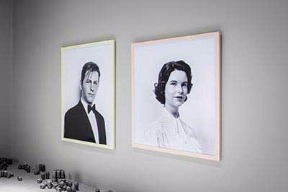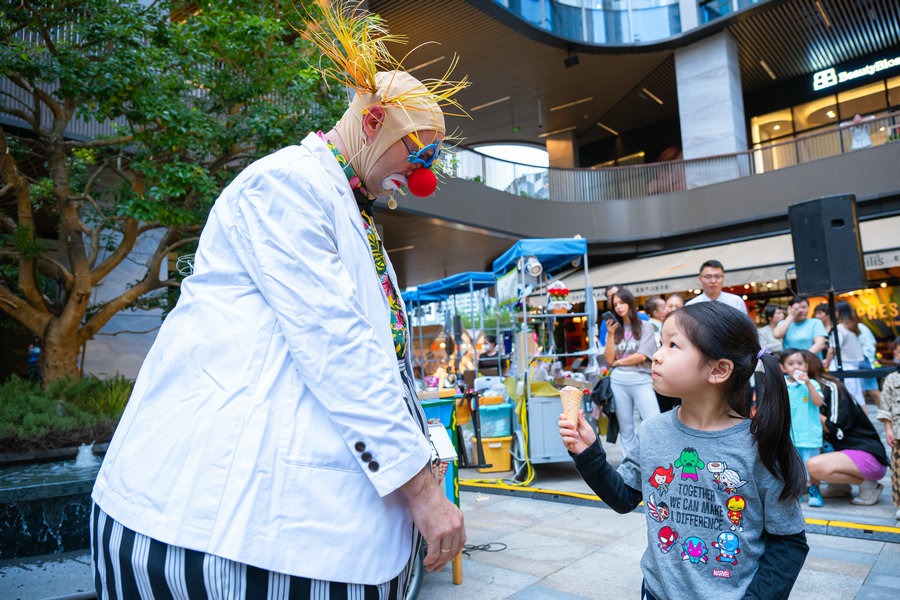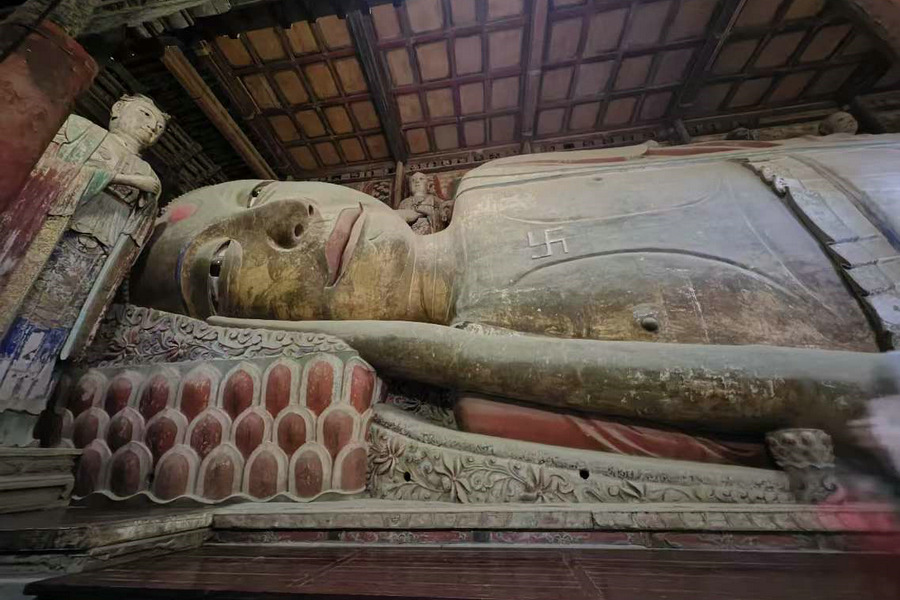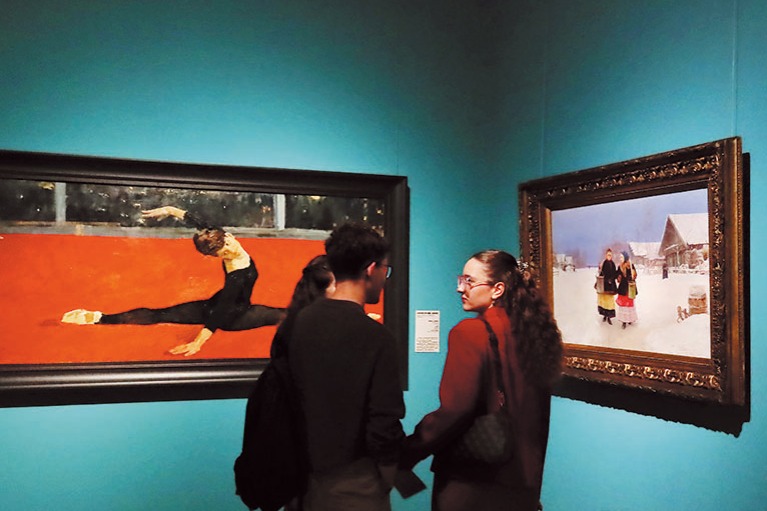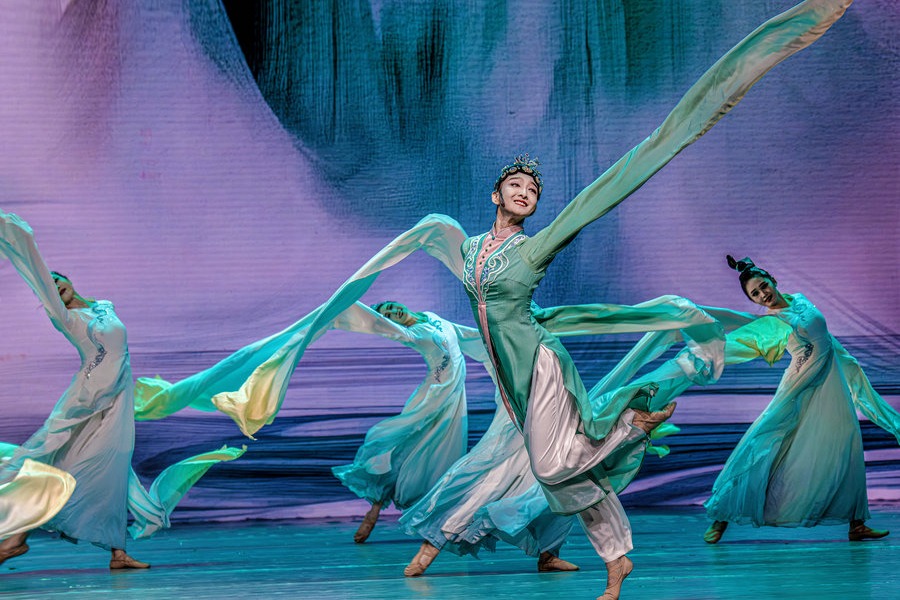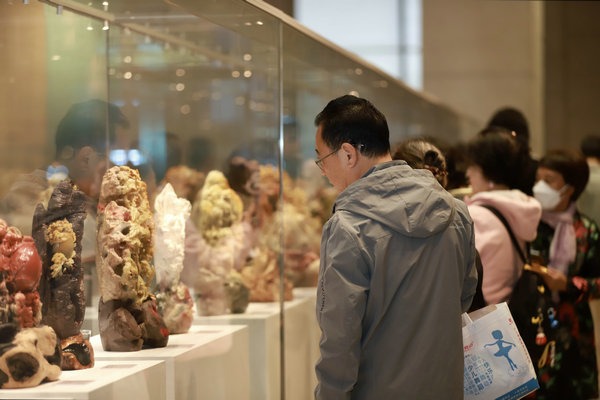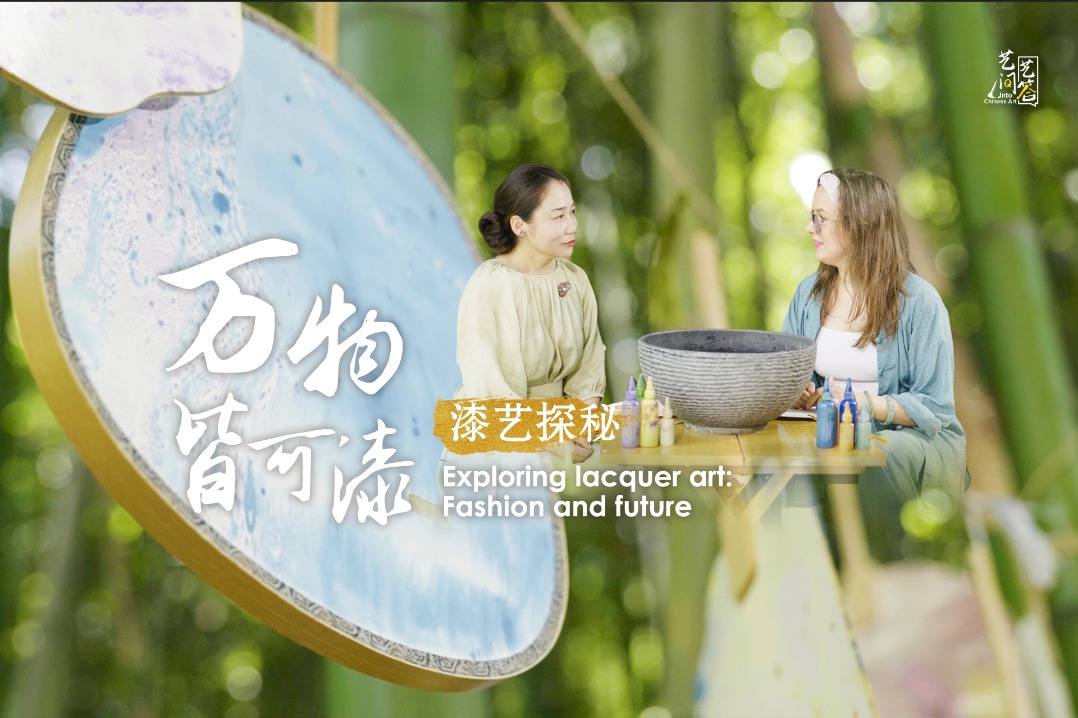Exhibition in Shanghai questions authenticity and originality in art

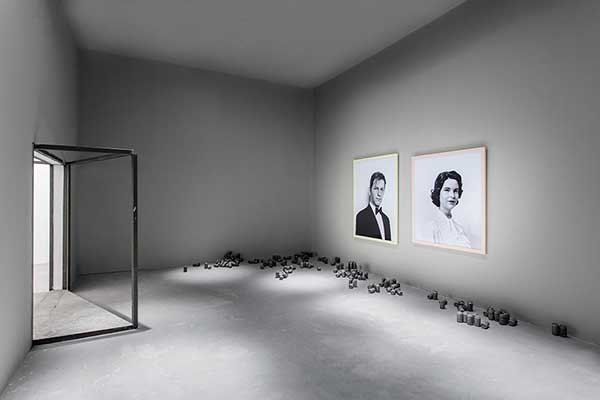
An exhibition at Yuz Museum Shanghai questions the notions of authenticity and originality in art.
Two weeks ago, US pop artist Jeff Koons was found guilty of plagiarism in Paris and was ordered to pay $168,000 to the creator of a 1980s advertising campaign for French clothing brand Naf Naf, which he was accused of copying, featuring a pig (the label's mascot) and a freezing model. Koons even had the effrontery to give his work the same title, Fait d'Hiver. (One of the three editions of the work the artist sold went to the Prada Foundation for $4.3 million). This was actually the second time Koons had lost out in Paris, after French photographer Jean-Fran?ois Bauret insisted that a photograph he took of two children had formed the basis for Koons's sculpture Naked. Koons had to pay damages, as did the Centre Pompidou, which had shown the work.
Art and the notion of originality, or lack thereof, along with the notions of copying and appropriation, have always been complex bedfellows. Long before Andy Warhol was painting Campbell's Soup tins and cow wallpaper – the latter of which Kusama: Infinity, a recent documentary by American writer-director Heather Lenz, suggests were inspired by and appropriated from the world's now top-selling female artist, Yayoi Kusama – Marcel Duchamp was proclaiming a men's urinal a work of art.


